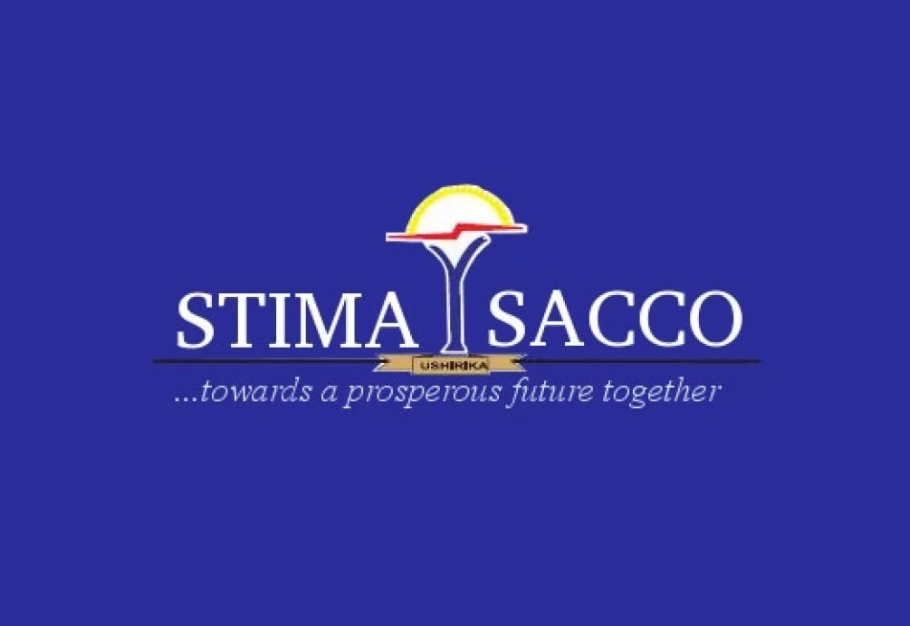Business
Best Saccos in Kenya 2018
The word Sacco stands for Savings and Credit Cooperative Organization and it strives to bring together people with similar social and financial backgrounds.
Saccos in Kenya have emerged as the dominant micro financing societies that spearhead savings and investment.
The best investment Saccos in Kenya provide their clients with enough confidence in their activities such that they expand in membership.
They provide members with valuable information that allows them to invest in the best markets that promise big returns.
Saccos in Kenya list in the thousands as almost every business, community, neighbourhood and matatu route has a Sacco.
The best-managed Saccos in Kenya safe guard interests of their stakeholders and provide them with avenues to advance their wealth with minimal risk.
Read this article and discover the Saccos you should join to earn and expand your business in 2018. What follows is a comprehensive list of the best Saccos in Kenya.
Stima Sacco
It was initially setup in 1974 to assist the East African Power and Lighting Company but has since then transformed. Its doors are open to all Kenyans.
Stima Sacco has six branches in total;
Nairobi, Mombasa, Kisumu, Nakuru, Olkaria and Eldoret.
Plans are underway to open two more branches in Nairobi’s CBD and Embu.
Mhasibu Sacco
Mhasibu is a Sacco that was founded by the Institute of Certified Public Accountants of Kenya (ICPAK).
Mhasibu means accountant in Swahili and targets members who serve in the accountancy profession including students and institutions that offer accountancy training.
Sacco has expanded exponentially since is birth in 1986 and has a market potential of reaching 500,000 members.
It has well over 18,000 at the current moment and a share capital of 2.8 billion as of April 2016.
Waumini Sacco
Waumini Sacco offers credit and savings for individuals and corporate institutions.
Its dominant membership lies in the catholic diocese with over 26 registered dioceses with over 21,000 members registered.
The Sacco has branches in Nakuru, Kisii and a liaison office in Rongai with more to be set up countrywide.
Kimisitu Sacco

Kimisitu Sacco is a credit and savings cooperation predominantly representing the employees of international organisation, foreign mission, non-governmental organisations.
Kimisitu membership is open to employees in the following establishments:
- Non Governmental Organizations
- International Organizations
- Embassies and Missions
- Other reputable organizations
Source: Kenya news today – Tuko.co.ke

